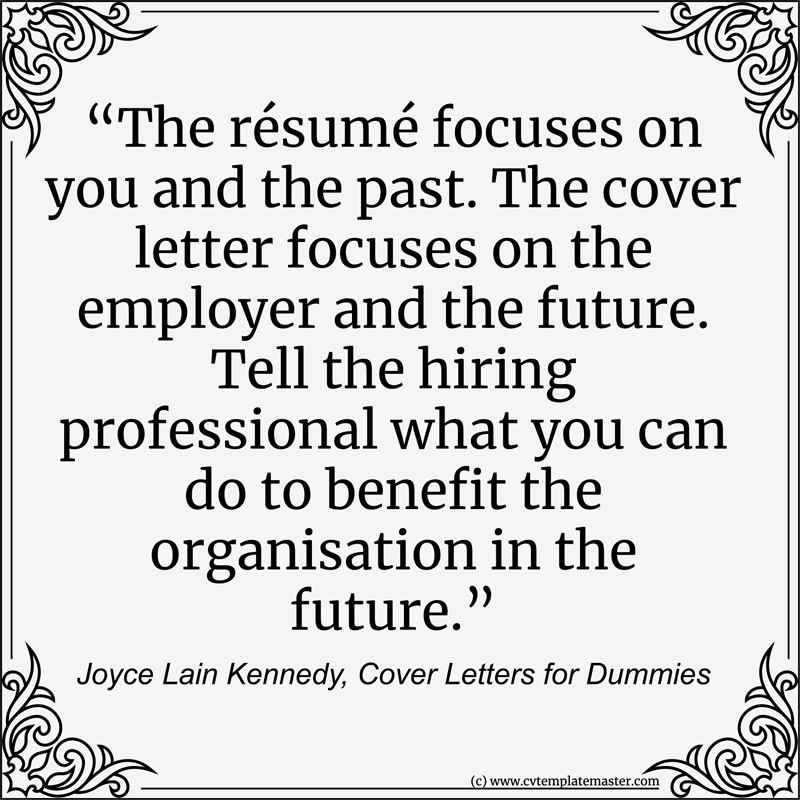“If you only apply to positions that you are a perfect fit for, you are in for a long, long, road to the top.” ~ Geoff Coon for Forbes
“Only a unicorn ticks every box of a recruiter’s job description.” ~ Lucia Smith, HR Consultant
As a job seeker you will often come across positions that you just don’t quite tick all the boxes for, but that doesn’t mean to say you shouldn’t apply. Even if you’ve recently left education and you have little to no work experience, you could still be in with a chance of success.
Why would an employer hire someone who is underqualified?
A lot of companies are looking for candidates who show the most potential, and don’t always expect to find someone who covers every single skill and qualification they’ve advertised for. You do however have to be careful not to apply for a job when you’re unqualified. Not only could you be wasting the company’s time, you’re also wasting yours which could be better spent finding something more suitable.
So how do you know when to apply for a job even if you don’t meet all the criteria?
When…
You tick most of the boxes
When trying to decide if you are in with a shot of success, consider what percentage of the skills, qualifications and experience you match. Do you cover at least 80% of the requirements, or are you much lower at around 40%?
When considering applying for a role you should ideally be looking to have at least 80% or more if you want to stand a chance, as anything lower than that will typically be out of your reach.
There is one exception when you should consider applying, even if you do fall below the 80% threshold – and that’s when you’ve recently left education and you are looking to get a foot in the door. If you are keen to work for your dream company, then you may want to apply for a role with the consideration of being kept on record for anything else that may become available.
Writing a cover letter would be a great way to explain your current situation, and that you are enthusiastic about being given a chance to work for your dream company. If the company feels that you are underqualified for the role, they may however have something else and there could be a chance of being contacted in the future.
“Employers are increasingly looking beyond academic qualifications when it comes to selection.”
~ Julia Belgutay for TES
You are confident you can learn the role
There are some roles that you may feel you could comfortably learn the skills required very quickly, and integrate easily into the company. In this situation you would need to convince the employer via your CV and demonstrate how your soft skills would benefit the company.
Your experience and skills would need to be at the very least similar to the new role you’re considering. For example, if you have some previous sales experience working for a mobile phone shop and you’re going to apply for a car sales position, you would need to provide a CV that highlights your sales skills and experience and how that could easily be transferred over to selling cars.
You don’t always need to have the exact skills and experience to apply for a job, and there are many instances of job seekers who have successfully changed industries whilst sticking to a similar career path. If you feel you already have the tools to learn about a new product or service, then there are lots of employers out there that would be willing to give you an interview.
“Successful businesses continue to require people who are adaptable, can work harmoniously and collaboratively with others, who have differing views of the world, can solve problems individually and in teams, can learn new things and can communicate and sell ideas.”
~ Lauren McNicol, Policy Executive at CBI Scotland.
You have outstanding achievements
Even if your skills and qualifications don’t quite align with a role you’re interested in, you could still be in with a chance if you have some impressive achievements on your CV. An employer would recognise that you were able to achieve great success in the past, and could continue to do so in their company.
An outstanding achievement could range from exceptional school, college or university grades, to impressive sales figures. Having a proven track record of outstanding performance could just tempt the employer to haul you in for an interview to find out more. Although you lack the relevant skills and experience you could still be a worthy candidate due to your ability to succeed in everything you do.
“Go beyond standard resume blurbs like ‘fluent in SQL’ or ‘graduate of FIT.’ Ask yourself: How have I contributed measurable results in the past? How have I contributed beyond what’s easy to measure? Am I a natural leader? Have I served on a company culture committee? Have I won awards? What have I accomplished that is generally seen as badass (even if it seems unrelated to the role)?”
~ Jon Carpenter for Business Insider
You know someone at the company
It’s not what you know, but who you know!
If you know someone who works at the company and they are willing to speak with the manager and give you a glowing reference, you may just find yourself sat in an interview without having to worry about a lack of qualifications and experience. Depending on the role and the minimum requirements, you may be able to get your foot in the door by having a more direct route to the manager via a friend or former colleague.
Some companies also offer a ‘refer a friend’ bonus, which means an employee will get paid for referring a friend who goes on to be hired. This can work really well for some companies as they prefer to trust the instincts of a manager or employee who can vouch for a former colleague’s performance.
If the company deems the hiring process to take too long, employing referrals can have a huge positive impact on the time it takes to short list, interview and train a new employee. The employee will also be more likely to integrate quickly as they will already be familiar with at least one other member of the team.
“Most people get their jobs through their network.” ~ Barbara Safani, Career Solvers
You can write a great cover letter

A more direct way of proving to the employer that you are still right for the job is with a cover letter. When a hiring manager reads through your CV they are going to look for certain requirements, and if you don’t have all of them it could mean you are not going to get an interview. And this is where a cover letter can help…
When faced with other applicants who are more qualified than you for the role, you are going to have to convince the hiring manager that you can still outshine the rest. Drawing on your past experience and current skill set, use your cover letter to help demonstrate how you can transfer those attributes over to the new role.
Most employers expect to receive applicants that don’t have direct experience, and whilst this may be important it doesn’t mean to say they will be rejected. Above everything else, previous performance can often remain at the top of the list when a hiring manager is looking for potential candidates, and if you are able to link your current skills and outstanding achievements to the new role and clearly identify how you will be an asset to the company, you could be one step closer to an interview.
“This is your opportunity to tell a compelling story that fills in the gaps on your resume. Avoid talking solely about why you’re interested in working at a company, and focus instead on why it should be interested in you.”
~ Lucia Smith, for Entrepreneur
You don’t mind being rejected
As the saying goes, ‘You won’t win the raffle if you don’t buy a ticket’.
If you think you stand a chance of getting a job you are underqualified for and are confident that you would perform well, then why not give it a shot – just be prepared for rejection. Your chances of rejection are obviously going to be much higher applying for this type of role, so there is no need to get frustrated or paranoid that you are doing something wrong.
If you are dead set on applying for a particular role and you continue to get rejected, then consider either gaining the relevant qualifications or look for something at a lower level within that company. Don’t settle for second best if that’s what you really want to do, and whether you need to go back into education or work your way up the ladder, go for it!
“A rejection is nothing more than a necessary step in the pursuit of success.”
